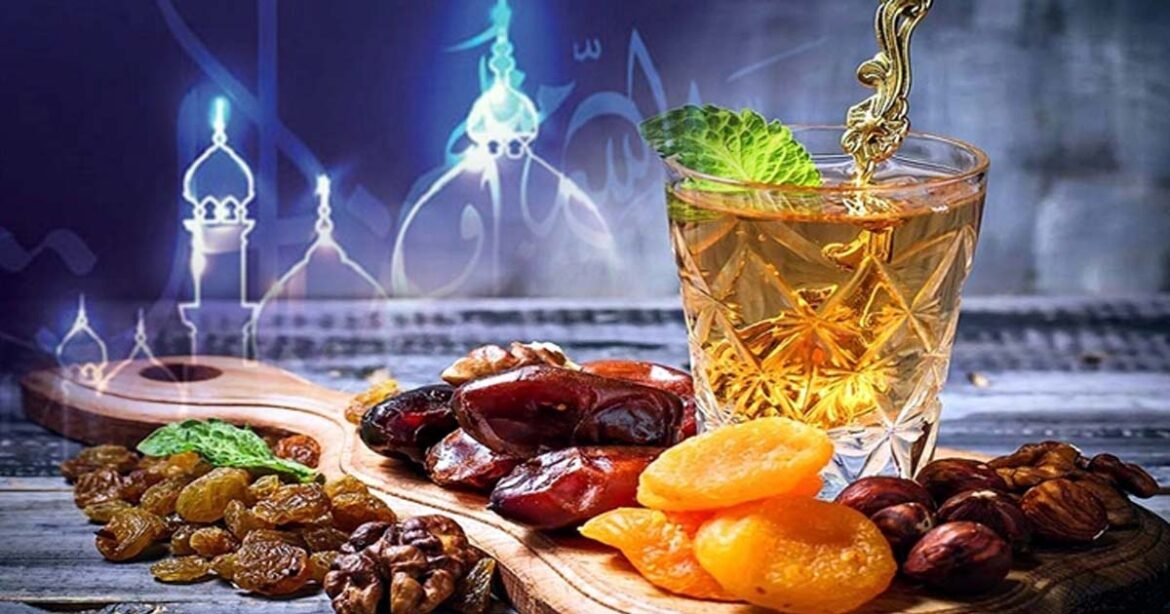Ramadan is a holy month in the Islamic calendar when Muslims fast from sunrise to sunset. It is a time when Muslims abstain from food and drink, and it is a time of reflection and spiritual growth. Ramadan is also a time of gathering, socializing, and indulging in traditional and cultural dishes. However, it is important to ensure that the body receives adequate nutrition during this month, especially in Bangladesh where the hot and humid climate can lead to dehydration and other health issues
Understanding the Importance of a Healthy Diet in Ramadan
During Ramadan, it is essential to maintain a healthy diet to ensure that you are getting all the nutrients and energy you need to stay healthy and energized. A balanced and nutritious diet will help you avoid fatigue, dehydration, and other health issues that can arise during this time. A healthy diet will also help you maintain your weight, which is especially important during Ramadan when many people tend to overeat during Iftar and Sehri.
YOU CAN ALSO READ: EFFECTS OF FASTING ON OUR HEALTH
Fasting for extended periods can also cause your body to experience significant changes in terms of metabolism and blood sugar levels. A healthy diet can help regulate these changes and prevent potential health issues like hypoglycemia or hyperglycemia.
Sehri or Suhur – The Pre-Dawn Meal
Sehri or Suhur is the pre-dawn meal that Muslims consume before they begin their fast. It is an important meal that helps to provide the body with the necessary nutrients to sustain energy throughout the day. In Bangladesh, Suhur usually consists of rice, lentils, and vegetables, along with a small serving of meat or fish. While these are nutritious foods, it is important to ensure that the meal also includes fiber-rich foods such as fruits, vegetables, and whole grains.
It is important to ensure that the meal is balanced and includes complex carbohydrates, protein, and healthy fats. This will help to keep the body energized and prevent hunger pangs during the day.
Iftar – The Breaking of the Fast
Iftar is the meal that Muslims consume to break their fast at sunset. In Bangladesh, Iftar is often a grand affair, with a variety of dishes and sweets. However, it is important to remember that overeating can lead to digestive problems and weight gain. It is recommended to break the fast with a few dates, which are a good source of energy and sugar, followed by a light soup or salad. This will help to prepare the stomach for the main meal.
The main meal should consist of a balanced combination of complex carbohydrates, protein, and healthy fats. In Bangladesh, this could include dishes such as biryani, kebabs, and lentil soup. Dates are a traditional food for breaking the fast and are an excellent source of energy and nutrients. Starting your meal with a small soup or salad can help you control your appetite and prevent overeating.
Fried and processed foods are high in calories and unhealthy fats. Try to limit your intake of these foods and opt for healthier options like grilled meats, steamed vegetables, and fresh fruits. It is important to avoid deep-fried foods and foods that are high in sugar and salt, as these can lead to dehydration and other health problems.
Hydration
Hydration is essential during Ramadan, especially in Bangladesh where the climate is hot and humid. It is important to drink plenty of water and other fluids during non-fasting hours to prevent dehydration. It is recommended to consume at least 8-10 glasses of water per day, and to avoid sugary drinks and caffeinated beverages as they can lead to further dehydration. In Bangladesh, we often consume sugary drinks such as Rooh Afza or Sharbat during Ramadan, but these drinks are high in sugar and can cause dehydration. Instead, opt for sugar-free drinks or make your own natural fruit-infused water. Coconut water or lemon water is crucial to avoid dehydration and keep body functioning optimally.
Practice portion control
During Ramadan, it is easy to overeat due to the extended fasting periods and the abundance of food at Iftar gatherings. However, overeating can cause discomfort and may lead to weight gain. To avoid overeating, it is important to practice portion control and listen to your body’s hunger signals.
For Bangladeshis, it can be challenging to limit portion sizes, especially with dishes such as biryani, teheri, and curries. To control portions, try using smaller plates and avoiding second servings. Additionally, take time to savor the flavors and enjoy each bite, rather than rushing through the meal.
it is important to choose smaller portions of healthy snacks that will provide energy without leading to weight gain. In Bangladesh, popular snacks during Ramadan include fruits such as watermelon, mango, and papaya, as well as nuts and seeds. It is important to avoid sugary snacks and processed foods, as these can lead to weight gain and other health problems.
Adhering to a healthy diet during Ramadan is crucial to ensure that the body receives sufficient nutrition and sustains energy levels throughout the day, especially in Bangladesh where the climate can exacerbate dehydration and other health issues. By selecting foods that are rich in complex carbohydrates, protein, and healthy fats, while avoiding deep-fried and high-sugar/salt foods, and staying hydrated through drinking plenty of fluids, Muslims in Bangladesh can promote their overall health and well-being during this holy month. Additionally, choosing healthy snacks and exercising during non-fasting hours can further support good health and physical fitness. By following these recommendations, Muslims in Bangladesh can make the most out of this special time of spiritual reflection and growth.


